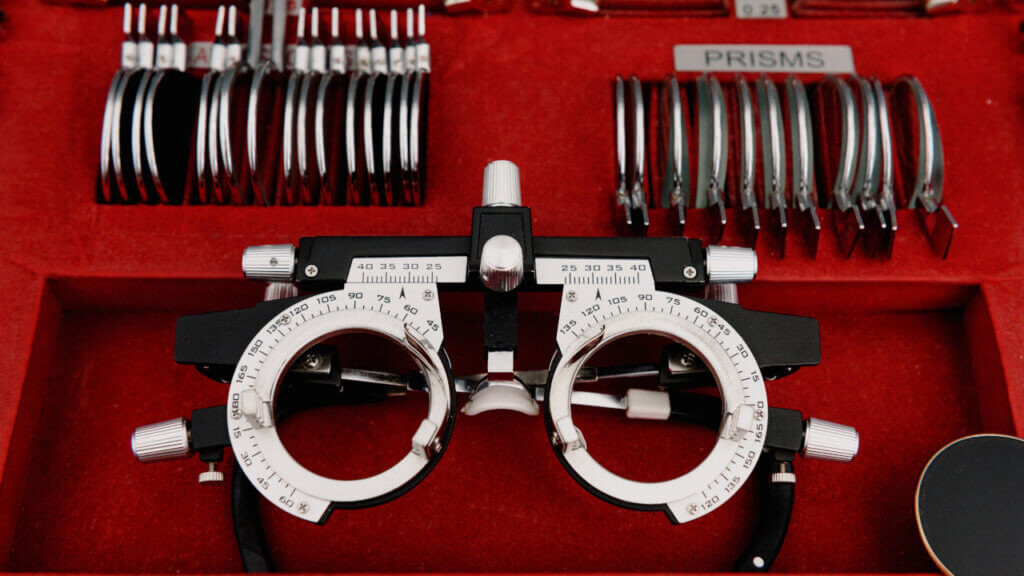
Many decision-makers in hotel companies operating several hotels tend to look into the rear-view mirror when making decisions for the future.
NB: This is an article from Demand Calendar
The reason is tradition because historically, hotels focused on monthly reports and did not have forecasting processes due to difficulties in obtaining accurate data. As a result, most decision-makers only have experience reading and analyzing monthly reports and are unaware of modern technology solutions to understand the future outlook better.
Subscribe to our weekly newsletter and stay up to date
The ideal solution would be to keep looking into the future to take action and adjust plans before it is too late. Monthly historical reporting can help analyze current situations, but they seldom reveal the information necessary to make relevant decisions about the future. So let’s look at how a hotel decision-maker can change from looking into the rear-view mirror to looking forward when driving the business.
The challenges
It is all about growing revenue to drive the long-term financial performance of the business. However, a good overview of a company’s revenue sources when operating several hotels can be challenging due to various factors. Here are a few of the critical challenges.
- Diverse revenue streams: Hotels often have multiple revenue streams, such as room sales, food and beverage, events, and other services. This diversity can make consolidating and analyzing financial data across the entire business challenging. Hoteliers need a good overview of the total business and not just rooms and partly other revenue sources.
- Data consolidation: Consolidating financial data from multiple hotels, systems, and software applications can be complex and time-consuming, especially if the data is not standardized or easily accessible. Many hotels are still organized in siloed functions, where each function has its systems, processes, and objectives.
- Real-time data access: Financial data may not always be readily available or up-to-date, making it difficult for management to make timely informed decisions. Today, everything is about speed. If the decision-maker cannot make timely decisions, the opportunity will be lost, impacting revenue and profits.
- Varying performance metrics: Different hotels in the hotel group may use different definitions of performance metrics, such as RevPAR (Revenue Per Available Room), ADR (Average Daily Rate), and occupancy rate. A standardized definition of these metrics must be consistently tracked and analyzed across the entire portfolio to understand the company’s financial health accurately.
- Different locations and currencies: If the hotels are spread across multiple countries, financial reporting and analysis can become more complex due to fluctuating exchange rates and differences in accounting standards, tax regulations, and compliance requirements.
To overcome these challenges, companies should invest in robust forecasting systems and processes, standardize reporting across all locations, and employ a skilled team of revenue managers to help analyze and interpret all revenue streams. Once the hotel has systems, processes, and standard reporting, it can enjoy several benefits.




